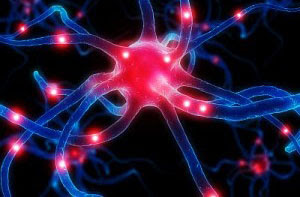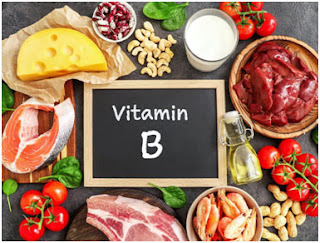Magnesium Deficiency and how it will make you Miserable.
Nobody wants to be miserable. If you are deficient in magnesium you might not even know that’s what the problem is however. Below we will explain some of the symptoms of magnesium deficiency and how you can correct it.
Magnesium Deficiency
As may be expected, diets that are deficient in magnesium are common in individuals who are experiencing health problems. These diets may include fatigue, constipation, depression, high blood pressure, kidney problems, kidney stones, and epilepsy. Of course, not everyone who has a magnesium deficiency experiences any of these symptoms. However, the vast majority of people who do not consume the required amounts of magnesium do so because of a diet that is deficient in magnesium. If you’re one of those people you could just need a simple magnesium supplement.
A deficiency in magnesium would cause irregular heartbeats, irregular contractions of muscles and spasms, and general muscle weakness. In extreme magnesium deficiency, individuals may experience irregular heartbeat, increased lung rate, increased blood pressure, and high blood sugar levels. If you’re suffering from high blood sugar then Natures Garden has got a supplement for you called “Blood Sugar Harmony.”
Calcium Binders
Another factor in determining whether someone is deficient in magnesium is because magnesium is involved in a substance known as “calcium binders”. Calcium binders have been used in animal products because they “store” minerals in bone, in shells, and in teeth. In other individuals, these bone/calcium binders help facilitate the movement of calcium atoms into the bone matrix, in order to effect Calcitonin synthesis (a protein that occurs naturally in the bone). Calcium and Magnesium go hand in hand, so when you’re considering a supplement it might be good to get a Calcium Magnesium Supplement blend to get the most of it.
Although it may be tempting to start taking additional doses of a mineral in order to alleviate some of the symptoms of a magnesium deficiency, do not do it. What you should do is alleviate the deficiency and reduce your magnesium intake over time so that you can prevent the possibility of becoming magnesium deficient. A multivitamin multivitamin will help to rectify the issue.
Foods with Magnesium
Which foods contain magnesium? The principal sources of magnesium are whole wheat, wheat germ, corn, rice, wheat flour, sunflower seeds, figs, almonds, pecans, cashews, and hazelnuts. Animal sources of this mineral include beef, lamb, cheese, milk, and eggs. For vegetarians, calcium sources include dark green leafy vegetables, sesame seeds, celery, and potatoes. Of course it’s hard to go on a diet, so that’s partially why supplements are a thing. Finding the right one is a drag but luckily there’s one that we trust with us. Here is a Magnesium Chewable.
Conclusion
Magnesium is important to our everyday life and cannot be forgotten. Make sure for now on to pay attention to your body’s signals and don’t let yourself end up like the guy in the picture due to a simple vitamin deficiency!




Comments
Post a Comment